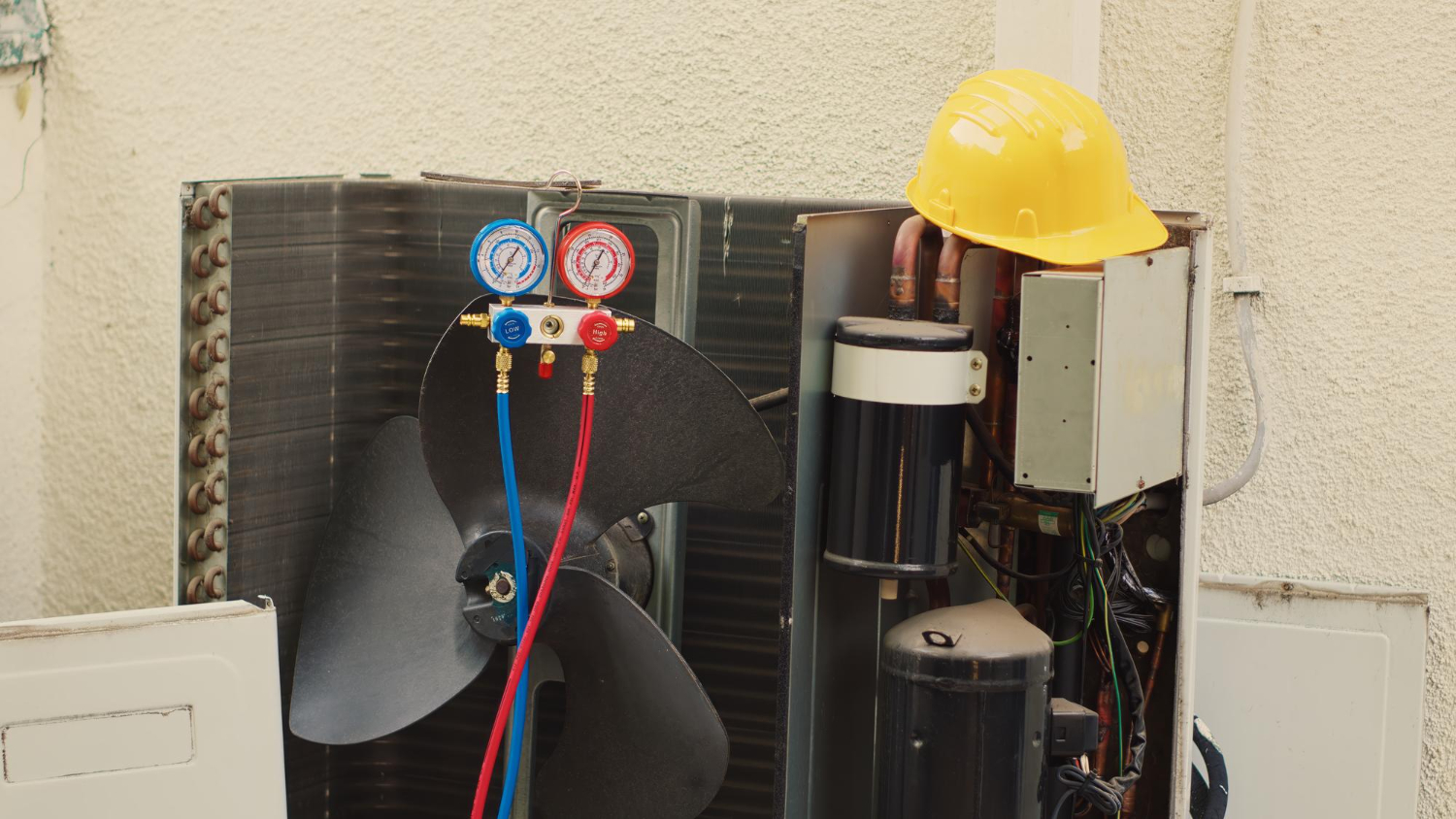Installing a heat pump is a significant investment that can enhance your home’s comfort and energy efficiency. However, avoiding common mistakes during the installation process is crucial to ensure you reap the full benefits of your new system. Installing a heat pump involves several critical steps, and overlooking any of them can lead to poor performance, higher energy bills, and even system failure.
Improper Sizing of the Heat Pump
Undersizing or Oversizing Issues
One of the most common mistakes in heat pump installation is selecting a unit that is either too large or too small for the home. An undersized heat pump will struggle to effectively heat or cool your space, leading to constant operation and higher energy bills. On the other hand, an oversized unit will cycle on and off too frequently, causing wear and tear and reducing the unit’s lifespan. Both scenarios lead to inefficient performance and discomfort in your home.
Importance of Load Calculations
Accurate load calculations are essential for determining the correct size of the heat pump needed for your home. Load calculations take into account various factors, including the size of your home, insulation levels, number of windows, and local climate. Our professionals use these calculations to recommend the appropriate heat pump size, ensuring optimal performance and efficiency. Proper sizing not only enhances comfort but also maximizes energy savings and extends the life of your heat pump.
Incorrect Placement of the Unit
Outdoor Unit Placement Mistakes
Placing the outdoor unit of a heat pump in the wrong location can significantly affect its efficiency and lifespan. Common placement mistakes include positioning the unit too close to walls, shrubs, or other obstructions, which can restrict airflow and cause the unit to overheat. It’s crucial to install the outdoor unit in an open, shaded area with plenty of clearance around it to ensure proper airflow and cooling.
Indoor Unit Placement Errors
Similarly, the indoor unit’s placement is critical for effective heating and cooling. Installing the unit in confined spaces, near heat sources, or in areas with poor airflow can reduce its efficiency. For example, placing the indoor unit near windows or doors can result in temperature fluctuations and inconsistent performance. Our professionals can assess the best locations for both indoor and outdoor units, ensuring optimal operation and comfort throughout your home.
Proper placement of both the indoor and outdoor units not only improves efficiency but also reduces maintenance needs and prolongs the life of your heat pump system. Trust our technicians to make informed decisions about unit placement to ensure your heat pump operates at its best.
Neglecting Electrical and Gas Line Requirements
Electrical Connections
Proper electrical connections are vital for the safe and efficient operation of your heat pump. Incorrect wiring can lead to electrical failures, system malfunctions, or even fire hazards. It’s crucial to ensure that your heat pump is connected to the correct voltage and that all electrical components meet the required standards. Our professionals are trained to handle all aspects of electrical connections, ensuring that everything is installed correctly and safely.
Gas Line Installation Essentials
For heat pumps that also use gas, proper gas line installation is essential. Incorrect gas line installation can lead to leaks, posing serious health and safety risks. It’s important to use the correct materials and follow all safety protocols during installation. Our technicians are experienced in installing gas lines and can ensure that your system complies with all safety regulations. Proper gas line installation not only guarantees safety but also enhances the efficiency and performance of your heat pump.
Skipping Professional Installation Services
Risks of DIY Installation
Attempting to install a heat pump yourself may seem like a cost-saving option, but it comes with significant risks. Without the proper knowledge and tools, you may make mistakes that can compromise the system’s efficiency and safety. DIY installations can lead to improper sizing, poor placement, and faulty connections, resulting in higher energy bills and frequent repairs. It’s safer and more efficient to leave the installation to our professionals who have the expertise to do it right.
Benefits of Hiring Our Professionals
Hiring our professionals for your heat pump installation offers several advantages. Our technicians have the experience and training to ensure that your system is installed correctly and operates at peak efficiency. They can handle all aspects of the installation, from sizing and placement to electrical and gas line connections. Trusting our team reduces the risk of future issues and provides you with peace of mind, knowing that your heat pump is in good hands.
Conclusion
Installing a heat pump requires careful planning and execution to avoid common mistakes that can impact performance and safety. Proper sizing, correct placement, and adherence to electrical and gas line requirements are all crucial elements of a successful installation. Skipping professional services may seem like a way to save money, but it often leads to complications and additional costs down the line.
At Temperature Control Services Inc, our professionals are dedicated to ensuring that your heat pump is installed to the highest standards. Don’t take chances with such an important investment. Contact us today to schedule your heat pump installation in Butner and experience the benefits of professional service!





